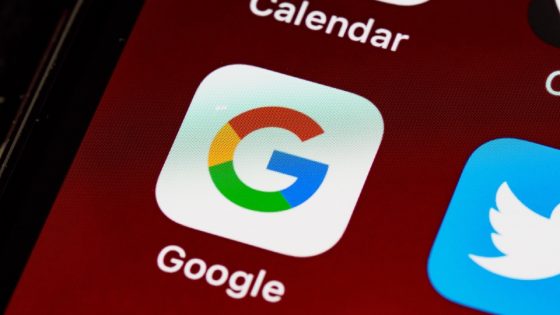The number of consumers heading to the internet as the first step on their purchasing journey is growing at a rapid rate. In fact, with over half of UK consumers preferring searching online than browsing a physical store, it’s easy to see why brands are utilising search engine optimisation (SEO) for comprehensive online visibility.
Holding 92% of the global market share, Google is the natural choice when implementing an SEO strategy. However, taking a linear approach to your online visibility with Google alone is losing you sales.
Jimmy McCann, Head of Digital Strategy at Search Laboratory is here to explain why you need to take a holistic approach to your integrated digital strategy to ensure 360 online visibility for your brand…
The importance of organic, paid and multi-channelled advertising
If recalling the last time you purchased an item without searching it online beforehand seems like a distant memory, you’re not alone; 82% of all smartphone users say they consult their phones on purchases before they make them in store. In addition to searching on Google, consumers may look at reviews, marketplaces and social media to gauge whether a brand and its product is trustworthy.
It is therefore important for businesses to create a multi-channel strategy, rather than focus their entire marketing efforts on Google.
Widening your brand’s reach by appearing in multiple channels is a crucial step that will allow you to reach prospects at more touchpoints in their customer buyer journey, increasing the likelihood of making a sale.
There are various platforms that offer paid and organic methods to reach your target audience. Not all will be valuable to your business; using an appropriate attribution model along with carrying out an analysis of your customers and target audience will help to identify which channels you should start with.
Paid media is a great way of reaching your exact audience. Paid search on Google is invaluable, but there are other platforms that your business needs to take advantage of to get in front of consumers at different stages of the customer buyer journey:
- Online marketplaces like Amazon and eBay
- Social media platforms (Facebook, LinkedIn, Instagram etc.)
- YouTube (the second largest online search engine)
- Display advertising.
A good digital strategy should have paid and organic activity across multiple channels, with each channel’s activity integrating with the overall strategy.
Scaling your brand internationally
For enterprises looking to expand their brand into international markets, understanding the local search landscape is crucial, and often requires going beyond the precincts of Google.
The search engine’s market share varies internationally, which means an international SEO strategy needs to encompass other search engines.
For example, Bing’s presence in America far outweighs its UK presence, which took 33% of the market share in 2017. Whereas Yandex is prevalent in Russia, and Baidu is the market leader in China.
In order to successfully expand into new markets, you will need to combine mother tongue knowledge of the local culture with digital marketing expertise. This will ensure that your strategy is localised successfully, avoiding any pitfalls of simply translating your brand.
Set up an appropriate attribution model for your business needs
A customer will come in contact with your brand across multiple channels before finally converting. Using attribution models will help you to identify which touchpoints are most valuable in the customer journey. Google has multiple attribution models available, each with its own advantages and disadvantages. Setting up the appropriate model will help you to identify which channels to focus on in your digital marketing strategy.
Building online visibility is a multi-faceted and often a time-consuming process but an integral part of growing your business, sales figures and customer retention rates. Your approach to digital marketing should remain a ‘work-in-progress’ and be constantly adapted to improve results. More importantly, your online visibility should span across different platforms and follow a paid and organic advertising strategy, which will ensure you remain market leaders and grow online revenue.



